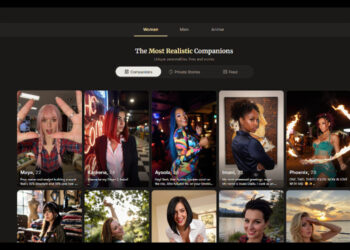COLORADO SPRINGS, CO — The future of mobile Web connections may lie with WiMAX. The microwave communication technology could replace WiFi and cellular-data-service access within a few years, according to a retired professor of electrical engineering at the U.S. Air Force Academy.WiMAX, which is short for Worldwide Interoperability for Microwave Access (otherwise known as IEEE 802.16), offers a number of advantages to service providers and consumers alike, Robert Morrow explained in the May 23 issue of the journal Science.
Among the chief benefits for consumers: stronger, faster signals with broader availability. Where WiFi is a relatively weak signal, often barely reaching to the end of a city block, WiMAX signals cover several miles (about the same distance as cell-phone signals). Morrow projected laptops soon will be sold with WiMAX interfaces as often as they are sold with connections for WiFi. Although WiMAX service in the near future will be more widely available than WiFi hotspots — existing virtually anywhere cell phone signals exist — most likely it will require a subscription. WiFi, on the other hand, is free at many coffee shops, airports and other public spaces.
The chief benefit for service providers is that WiMAX is part of the spectrum licensed by the federal government, which means once a provider has acquired its frequency range, it owns the rights exclusively. There is no interference from other devices or services, unlike frequently happens in the unlicensed WiFi spectrum. Ubiquitous appliances like microwave ovens have the ability to interfere with WiFi, but the same is not true of WiMAX.
Morrow also sees another benefit to WiMAX: If properly deployed, it could become a national standard (unlike cell-phone signals, which use several different protocols in the U.S.). That means users conceivably could stay connected to the Web throughout a cross-country automobile trip, for example — currently an impossibility under WiFi.
Morrow said he expects WiMAX service to be common in most major American cities within two to five years. If consumers adopt the protocol quickly, portable device makers could begin to phase out WiFi connections within the same time frame.
WiMAX already is becoming the standard in Pakistan, where the service covers 17 cities.












